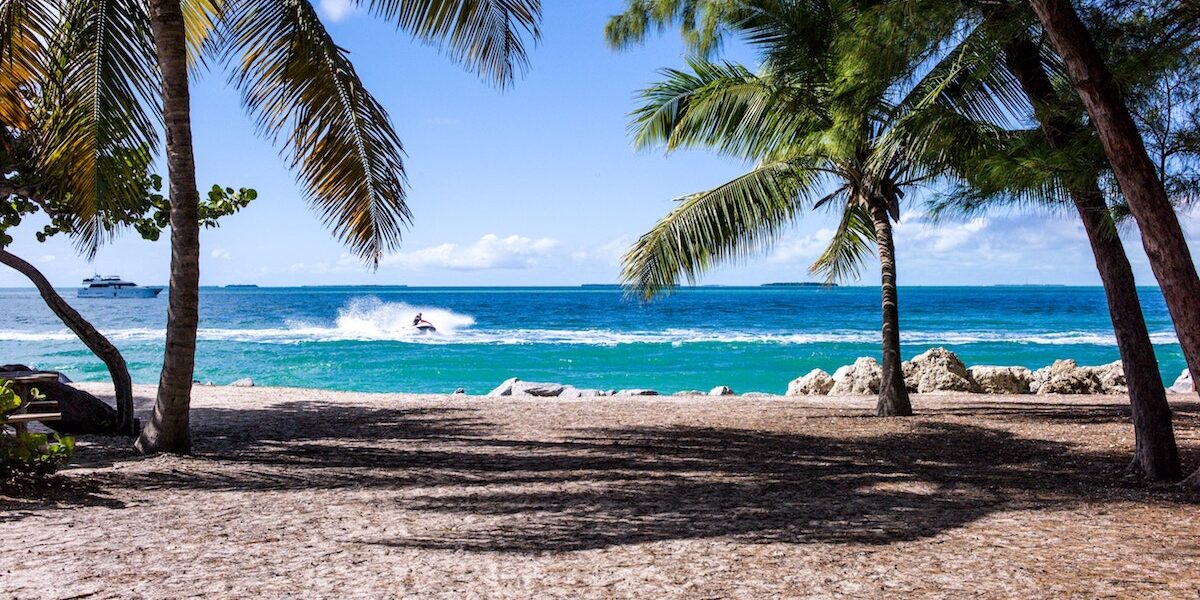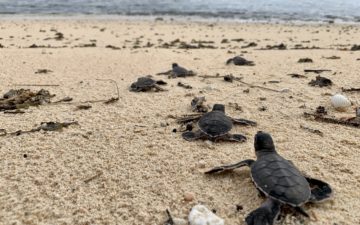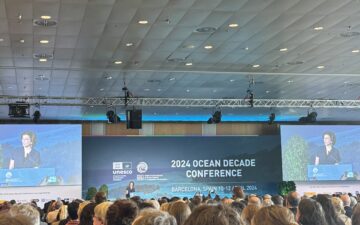The Colorful Blur of October
Part 1: From the Tropics to the Atlantic Coast
by Mark J. Spalding
Fall is the busy season when it comes to conferences and meetings, and October was no exception.
I am writing to you from Loreto, BCS, Mexico, where we are facilitating workshops in support of a new protected area in the watershed adjacent to the Loreto National Marine Park, a World Heritage site. It is the first opportunity I have had to look back over the past few weeks. In some ways, we can boil my travels down to “ocean fundamentals.” None of the trips were about giant megafauna, but all of my trips were about opportunities to improve the human relationship with the ocean.
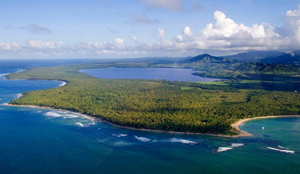
I began October with a trip to Costa Rica, where I spent a couple of days in the capital San Jose. We gathered to talk about sustainability and blue-friendly development at its most local level—a single proposed resort in a beautiful place at the edge of the sea. We talked about water and wastewater, about food supply and composting, about cross breezes and storm surge, about walking paths, biking paths, and driving routes. From plumbing to roofing to training programs, we talked about the best ways in which to develop a resort that provided genuine benefits to the nearby communities as well as to the visitors themselves. How, we asked ourselves, can visitors relax into the beauty of the sea and be conscious of their surroundings at the same time?
This question is all important as we weigh the options for improving economic opportunity in island nations, strive to educate visitors about the unique natural resources of place, and work to ensure that new building lies as lightly on the land as possible—and lightly on the sea as well. We cannot ignore sea level rise. We cannot ignore storm surge—and what gets carried back to sea. We cannot pretend that the source of our energy or the location of our waste treatment—water, garbage, and so on—isn’t as important as the view from the oceanside restaurant. Fortunately, there are more and more dedicated people who understand that at every level—and we need many more.
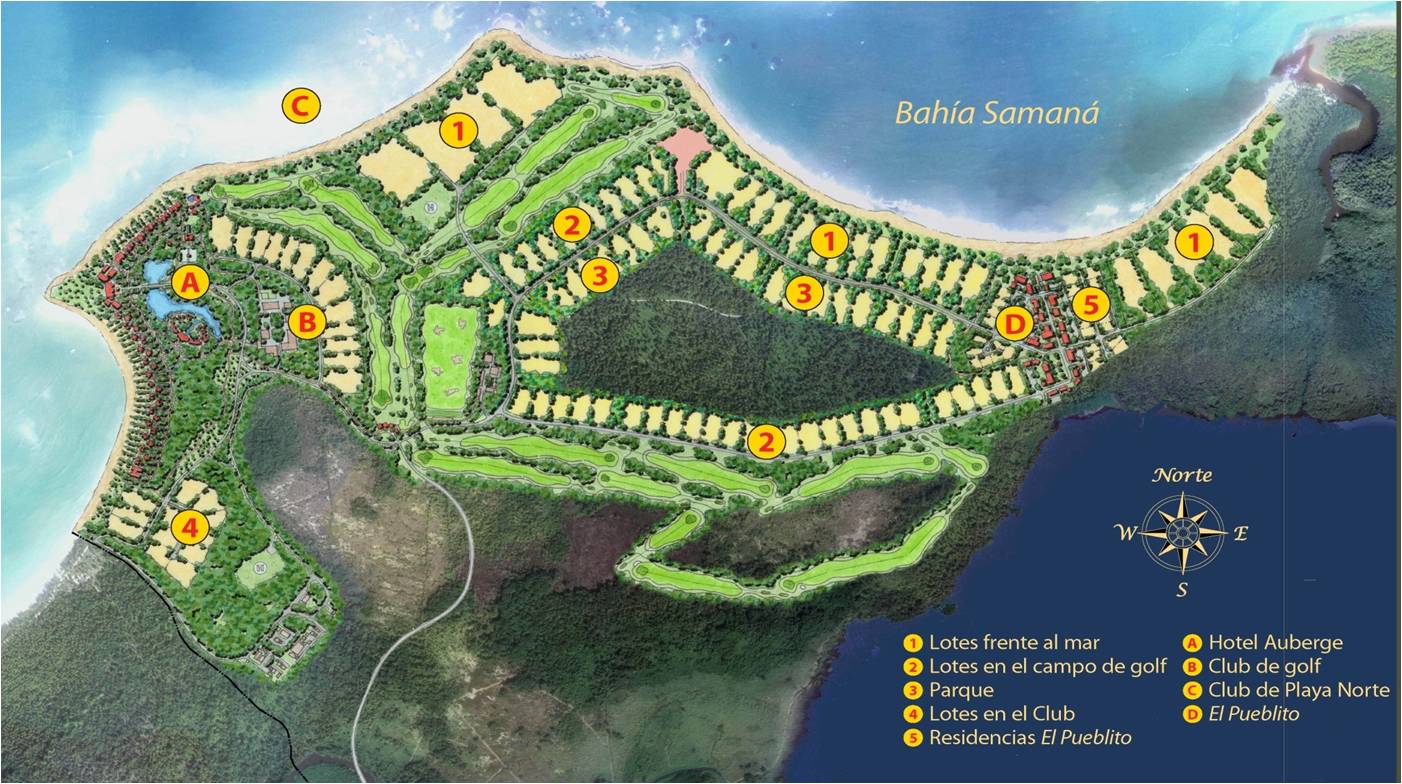
Sadly, while I was in Costa Rica, we learned that a series of agreements the government reached with the fishing sector behind closed doors were going to substantially weaken protections for sharks. So, we, and our partners, have more work to do. To paraphrase ocean hero Peter Douglas, “The ocean is never saved; it’s always being saved.”
Photos are of the “a single proposed resort” called Tropicalia, to be constructed in the Dominican Republic.
